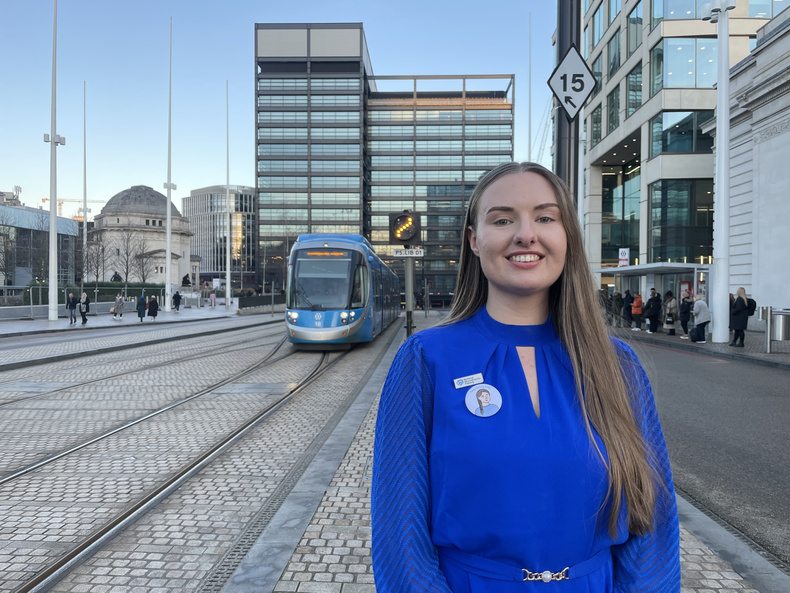83 per cent of neurodivergent passengers struggle with overcrowding on transport - study

A new study has found that 83 per cent of neurodivergent passengers struggle with overcrowding on public transport - and a West Midlands initiative is aiming to drive change.
The findings are part of a research project between National Neurodiversity Training and the Safer Travel Partnership, which includes Transport for West Midlands (TfWM), West Midlands Police, British Transport Police, and local transport operators.
The new accessibility report reveals that 83 per cent of neurodivergent people feel that public transport overcrowding has a significant negative sensory impact, with many also experiencing heightened anxiety, sensory overload, and reduced access to employment and community life.
The study, based on 291 responses from West Midlands residents, highlights the barriers faced by neurodivergent passengers at every stage of their journey - from planning a trip to navigating unfamiliar or overwhelming environments.
Key findings include:
- 83 per cent of neurodivergent passengers said overcrowding made them feel anxious or unwell
- 76 per cent faced challenges during their journey, compared to just 38% of neurotypical passengers
- 47 per cent reported feeling worried due to delays, with unclear communication being a key trigger
- 87 per cent said improved accessibility would significantly boost their ability to participate in community activities.
The report is the first stage in a wider initiative designed to listen to lived experience, co-produce solutions, and ultimately inform future training and transport improvements across the region.
Michael Sandland, manager of Transport Safety Officers, shared: “By creating space for honest conversations through these focus groups, we’re not only identifying barriers in public transport but also co-producing solutions that reflect the needs of our communities.
“It’s a vital step toward a more inclusive and accessible transport network for everyone.”
Iveta Pudilova, founder of National Neurodiversity Training, said: “This partnership is a powerful example of what happens when lived experience is taken seriously. Neurodivergent people have been navigating inaccessible systems in silence for too long - and this research is a crucial first step in changing that.”
The second phase of the initiative is now live, with online focus groups running across all seven West Midlands councils.
National Neurodiversity Training is calling on neurodivergent and disabled residents to take part and help shape what comes next.
This work forms part of TfWM’s wider strategy to provide safe, welcoming, and reliable transport for every member of the community - and acknowledges that accessibility must be informed by the people it affects most.
For more information on National Neurodiversity Training, visit the website.
